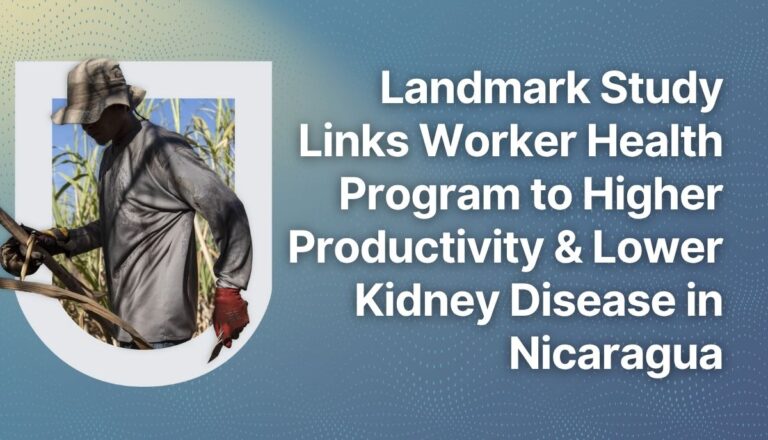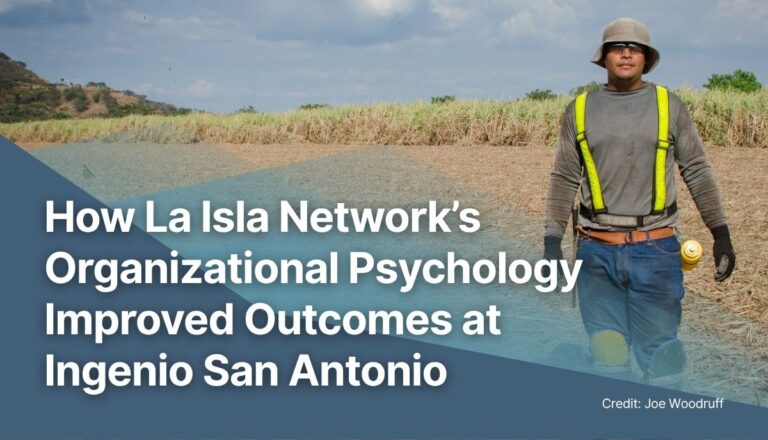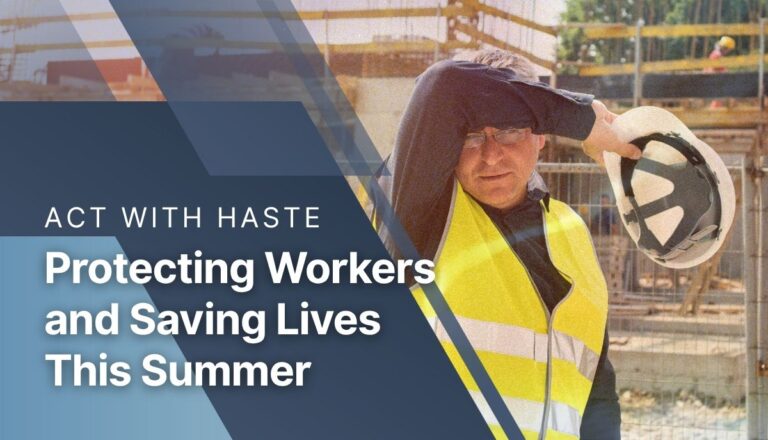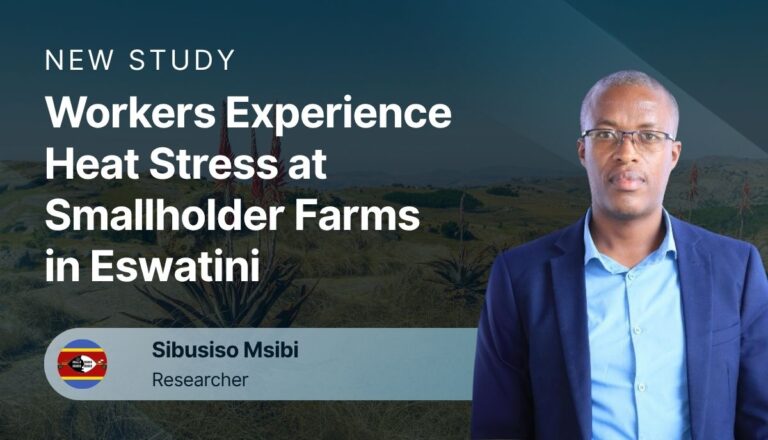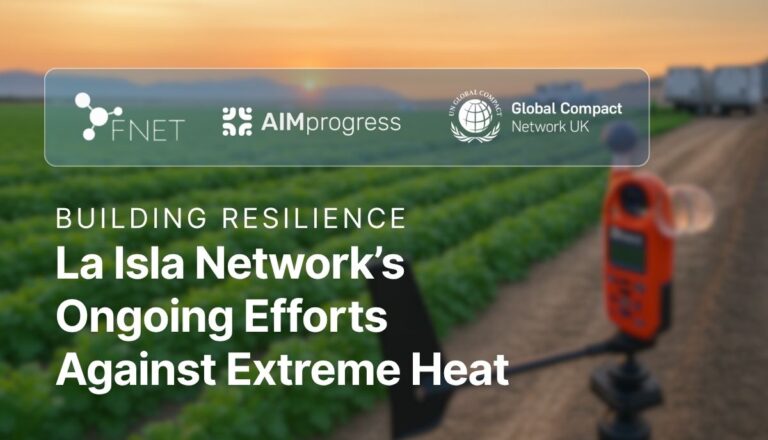[fusion_builder_container hundred_percent=”no” equal_height_columns=”no” menu_anchor=”” hide_on_mobile=”small-visibility,medium-visibility,large-visibility” class=”” id=”” background_color=”” background_image=”” background_position=”center center” background_repeat=”no-repeat” fade=”no” background_parallax=”none” parallax_speed=”0.3″ video_mp4=”” video_webm=”” video_ogv=”” video_url=”” video_aspect_ratio=”16:9″ video_loop=”yes” video_mute=”yes” overlay_color=”” video_preview_image=”” border_size=”” border_color=”” border_style=”solid” padding_top=”” padding_bottom=”” padding_left=”” padding_right=””][fusion_builder_row][fusion_builder_column type=”2_3″ layout=”1_1″ background_position=”left top” background_color=”” border_size=”” border_color=”” border_style=”solid” border_position=”all” spacing=”yes” background_image=”” background_repeat=”no-repeat” padding_top=”” padding_right=”” padding_bottom=”” padding_left=”” margin_top=”0px” margin_bottom=”0px” class=”” id=”” animation_type=”” animation_speed=”0.3″ animation_direction=”left” hide_on_mobile=”small-visibility,medium-visibility,large-visibility” center_content=”no” last=”no” min_height=”” hover_type=”none” link=””][fusion_text]
La Isla Foundation (LIF) published a report today examining rights violations experienced by sugarcane workers at Ingenio San Antonio, the largest sugarcane plantation and production facility in Western Nicaragua.
The report, entitled “Sickly Sweet: Human Rights Conditions for Sugarcane Workers in Western Nicaragua,” documents the contrast between legal protections of Nicaraguan sugarcane workers and the reality of their working and living conditions.
The observations and conclusions of “Sickly Sweet” are based on a qualitative research study conducted in July of 2013 by LIF staff members funded by the Council of Protestant Churches of Nicaragua (CEPAD) and Presbytery of the Pacific. Researchers collected information through qualitative interviews with 29 current and former sugarcane workers. Questions concerned topics ranging from general working conditions and labor rights abuses to perceptions of political and social rights protections.
Researchers’ preliminary findings show that sugarcane workers at ISA face severe issues both in their place of employment and at home that constitute not only violations of domestic and international labor law, but also violations of fundamental constitutional protections and international human rights treaty obligations.
Researchers discovered indications of fundamental rights violations, including violations of basic protections found in the Nicaraguan Constitution, the Universal Declaration of Human Rights, and the International Labor Organization’s (ILO) Declaration of Fundamental Rights at Work. Fundamental rights violations uncovered included the following.
- Child Labor – Several respondents admitted to working for ISA as children. Thirty-four percent of respondents knew child workers under the age of 14, and 83% knew child workers between the ages of 14 and 17. Respondents indicated that children are involved in field-based occupations (such as planting, cutting, weeding) and worked the same number of hours as adults. During the course of their work, respondents claimed child workers were exposed to a variety of hazards, including dust, fumes, gas, flames, extreme heat, dangerous tools, and agrochemicals. Additionally, 65% of respondents believed that ISA knew about the existence of child workers.
- Restrictions on Freedom of Association – Of those interviewed, no one belonged to a union, and one informant did not know what a union was. About one-fourth of participants mentioned the threat of termination and being blacklisted as a deterrent to attempts to unionize. Additionally, 65% of respondents alleged that the unions operating within ISA had been bought by the company or received some form of financial assistance from ISA, while 58% believed the unions never defended their interests to their employer. Only one respondent could name a recent successful achievement of the unions.
- Inability to Access Judicial Mechanisms – Seventy-five percent of respondents felt that their rights were not protected by the justice system. Of these, 40% mentioned that the police were a major problem, citing corruption, ineffectiveness, and discrimination. Furthermore, 24% of respondents reported that they had filed a complaint against ISA. Of those, none reported having received an answer. Complaints related to illegal dismissal, indemnification for contracting CKDnT, and remuneration. Four respondents also mentioned that they were prevented from bringing a claim against ISA by the company or the government. Five respondents claimed they were targeted by government or police forces for speaking out against the company.
- Threats and Intimidation – Seventeen percent of respondents reported that they had received threats from members of the local government or police for speaking out against the sugar producer. Twenty percent of respondents reported having observed company, police, or government officials present at wakes or funerals in order to discourage protest through intimidation or bribery. Thirty-one percent reported that company management, the police, or government had told lies or insulted them or their family members.
Furthermore, researchers found pervasively dangerous working conditions that negatively impacted workers’ health, and most likely contributed to the relatively high prevalence rate of CKDnT. On average, during the harvest season, respondents worked 12 hours a day in temperatures that climbed past 100°F (37.8°C). Eighty-six percent of respondents described working conditions as dangerous. Fifty-eight percent of respondents had been involved in an accident at work, whereas only 20% of all workers interviewed received any explanation of the safety conditions at work, and of those who received safety equipment, many complained that it was defective or insufficient. Thirty-four percent of respondents reported access to first aid kits.
Finally, researchers discovered a dearth of basic social protections, which left workers vulnerable to exploitation and exacerbated the impact of the disease. Seventeen percent of respondents reported salaries that fell significantly below the national minimum wage for agriculture, which itself covers less than one-fourth of an average family’s living expenses. Forty-one percent of respondents reported incidents of salary withholding without cause or claimed that they were regularly underpaid. More specifically, 17% reported having wages deducted as punishment. None of the respondents interviewed who have been diagnosed with CKDnT or reported a high creatinine level collect any form of social security, including disability assistance and subsidized medical care.
On the basis of data obtained in the present study LIF recommends the following:
For government actors:
- Rigorously enforce fundamental international and domestic legal protections for workers, regardless of contractual status, including but not limited to freedom of association, the prohibition of forced and compulsory labor practices, and the prohibition of child labor.
- Guarantee the ability of current and former sugarcane workers to easily access the highest available standard of preventive and specialized medical care and treatment for CKDnT.
- Conduct transparent inspection of sugar production facilities under the special inspections provision of Ley No. 664, 26 June 2008, Ley General de Inspección del Trabajo
[/fusion_text][/fusion_builder_column][fusion_builder_column type=”1_3″ layout=”1_3″ spacing=”” center_content=”no” hover_type=”none” link=”” min_height=”” hide_on_mobile=”small-visibility,medium-visibility,large-visibility” class=”” id=”” background_color=”” background_image=”” background_position=”left top” background_repeat=”no-repeat” border_size=”0″ border_color=”” border_style=”solid” border_position=”all” padding_top=”” padding_right=”” padding_bottom=”” padding_left=”” dimension_margin=”” animation_type=”” animation_direction=”left” animation_speed=”0.3″ animation_offset=”” last=”no”][fusion_text][pdf-embedder url=”https://laislanetwork.org/wp-content/uploads/2014/08/Sickly-Sweet-InDesign.pdf” title=”Sickly Sweet InDesign”][/fusion_text][fusion_separator style_type=”none” hide_on_mobile=”small-visibility,medium-visibility,large-visibility” class=”” id=”” sep_color=”” top_margin=”10px” bottom_margin=”10px” border_size=”” icon=”” icon_circle=”” icon_circle_color=”” width=”” alignment=”center” /][fusion_button link=”https://laislanetwork.org/wp-content/uploads/2014/08/Sickly-Sweet-InDesign.pdf” title=”Download Report” target=”_blank” link_attributes=”” alignment=”center” modal=”” hide_on_mobile=”small-visibility,medium-visibility,large-visibility” class=”” id=”” color=”default” button_gradient_top_color=”” button_gradient_bottom_color=”” button_gradient_top_color_hover=”” button_gradient_bottom_color_hover=”” accent_color=”” accent_hover_color=”” type=”” bevel_color=”” border_width=”” size=”” stretch=”default” shape=”” icon=”” icon_position=”left” icon_divider=”no” animation_type=”” animation_direction=”left” animation_speed=”0.3″ animation_offset=””]Download Report[/fusion_button][/fusion_builder_column][/fusion_builder_row][/fusion_builder_container][fusion_builder_container hundred_percent=”yes” overflow=”visible”][fusion_builder_row][fusion_builder_column type=”1_1″ layout=”1_1″ background_position=”left top” background_color=”” border_size=”” border_color=”” border_style=”solid” spacing=”yes” background_image=”” background_repeat=”no-repeat” padding_top=”” padding_right=”” padding_bottom=”” padding_left=”” margin_top=”0px” margin_bottom=”0px” class=”” id=”” animation_type=”” animation_speed=”0.3″ animation_direction=”left” hide_on_mobile=”no” center_content=”no” min_height=”none” last=”no” hover_type=”none” link=”” border_position=”all”][fusion_text]
[General Work Inspection Law], ch. II, art. 7.
- Where violations of domestic laws are found, require compliance of producers within a minimum specified timeframe, and levy economic sanctions sufficient to deter further non-compliance.
- Review disability social insurance requirements for sugarcane workers suffering from CKDnT, and where workers and their dependents qualify, ensure that they receive full entitlements.
- Guarantee due process and equal treatment before the law for affected sugarcane workers and ex-workers.
For sugar producers:
- Comply with domestic and international laws related to the promotion of health, human rights, and decent working conditions.
- Improve access to water and shade for those working in the fields.
- Institute additional measures, including the provision of sufficient protective equipment in good repair and conduct of educational programming, to protect workers from agrochemical exposure, regardless of employee contractual status.
- Provide all employees with unfettered access to medical information obtained through medical examinations conducted by the producer or medical personnel affiliated with the producer.
- Adopt working practices that follow internationally recognized guidelines for safe work in hot climates, such as the Occupational Health and Safety Administration’s Water. Rest. Shade. program.
Ultimately, it was determined that more research is needed to capture the rights concerns of these workers in order to effectively inform future rights interventions. During the course of the study, researchers also identified concerning trends in areas related to indigenous rights, land rights, financial barriers to care, and environmental contamination, all of which were outside of the scope of this study.
In 2013, LIF also completed a broader mixed-methods (quantitative and qualitative) study of working conditions for two sugar producers in western Nicaragua, as well as a qualitative study of child labor, the results of which will be released later this year. These studies will provide further insight into the specific challenges facing sugarcane laborers in the workplace and highlight potential risk factors for members of the population most affected by CKDnT.
According to leading researchers, harsh work conditions likely contribute to the growing epidemic of chronic kidney disease of nontraditional causes (CKDnT) affecting regions throughout Central America. Since sugarcane workers are the most affected, LIF calls for further research across medical, legal, and scientific fields to analyze work conditions in the Nicaraguan sugarcane industry given their likely role in the continued development of the epidemic.
Collaborating with its domestic and international partners, LIF will continue to facilitate and implement multi-disciplinary projects to reverse the rising prevalence of CKDnT and mitigate the impact of the disease on affected communities. LIF strongly urges renewed and expanded media attention to this growing humanitarian crisis.
La Isla Foundation 2014
[/fusion_text][/fusion_builder_column][/fusion_builder_row][/fusion_builder_container]


